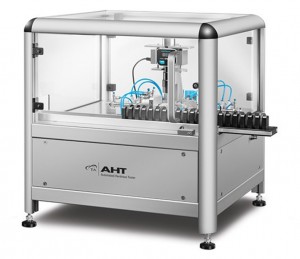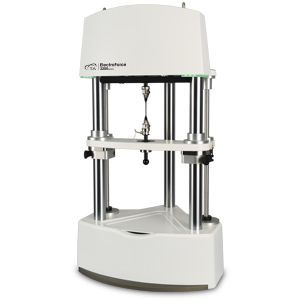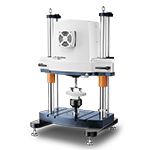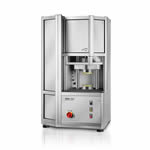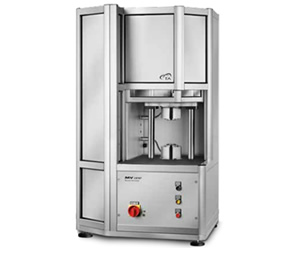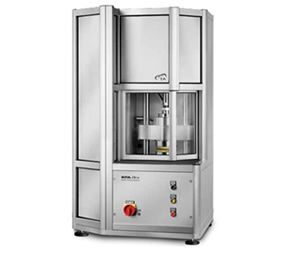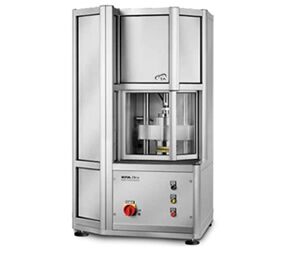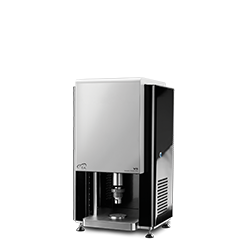ADT – Automated Density Tester
<< View all Rubber Testing Instuments ADT Automated Density Tester Density testing is made simple with the TA Instruments fully Automated Density Tester. Description Specifications Technology Automation Options Videos Density testing is made simple with the TA Instruments fully Automated Density Tester. This fully programmable, automated system measures the density of cured rubber materials using…
Details


